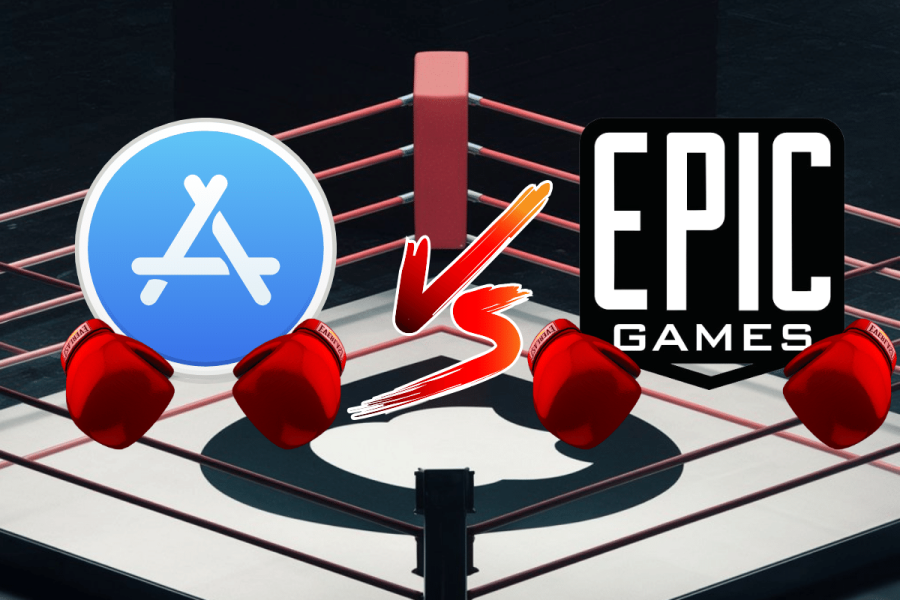Apple has denied allegations of breaching a court order related to its App Store and urged a federal judge in California to dismiss a motion by “Fortnite” creator Epic Games, seeking to find it in contempt.
The tech giant made the arguments in a submission to U.S. District Judge Yvonne Gonzalez Rogers in Oakland, who oversaw the 2020 lawsuit by Epic Games accusing Apple of antitrust violations through its tight control of app downloads and in-app transaction controls.
In the filing, the company claimed it had “invested significant resources into developing a new framework that would comply with the Injunction while also protecting users and Apple’s investment in the App Store.”
The California-based company criticized Epic Games, stating that it wants to “turn the Injunction from a prohibitory injunction, focused on two specific Guidelines provisions and designed to provide more information to users, into a mandatory injunction that requires Apple to make its tools and technologies available to developers for free, while dictating Apple’s policies and technical implementation.”
Epic, it continued, wanted the court “to micromanage Apple’s business operations in a way that would increase Epic’s profitability.”
The ongoing saga between Epic Games and Apple
In March, there was more controversy after the iPhone maker terminated the game developer’s account. It was then quickly reinstated following a backlash. Epic Games said at the time: “This sends a strong signal to developers that the European Commission will act swiftly to enforce the Digital Markets Act and hold gatekeepers accountable.”
Epic Games alleged that Apple’s decision to terminate their developer account shortly after its approval was partly in retaliation for their public criticism of Apple’s proposed DMA compliance plan.
According to Epic, Apple pointed to a specific post by Tim Sweeney in a thread as a basis for their action. Epic contends that this is part of a pattern where Apple penalizes developers for opposing its practices, which they describe as both unfair and illegal, mirroring actions taken against other developers in the past.
Apple leadership faces some massive decisions in the coming weeks as the contradictions between their stated principles and the intended and actual consequences of their present policies are reckoned with: the app store monopoly, the digital goods payments monopoly, the tax, the… pic.twitter.com/mUxV5ypwcd
— Tim Sweeney (@TimSweeneyEpic) February 26, 2024
Epic Games CEO Tim Sweeney accused Apple of acting in a “devious” manner in January. This was then followed by a tenuous truce when Epic Games returned to iOS, at least in some regions. In addition, the U.S. Supreme Court refused to hear Apple’s appeal at the beginning of 2024, however, the justices also dismissed Epic’s secondary appeal.
Epic was mostly unsuccessful in its lawsuit against Apple, but in 2021, Judge Rogers ordered that Apple allow developers more flexibility to direct app users towards alternate payment options for digital goods.
The Court asked us to share the changes we think Google should make after a jury determined their anticompetitive Play Store practices are illegal. Here’s what we’re proposing.https://t.co/wiTcUwhUyU
— Epic Games Newsroom (@EpicNewsroom) April 12, 2024
In a related lawsuit that Epic filed against Alphabet’s Google, a San Francisco judge is expected to deliver a separate injunction this year that will impact the Google Play Store.
Featured image: Canva / PRNewsfoto / Mad Engine LLC / Ideogram


















